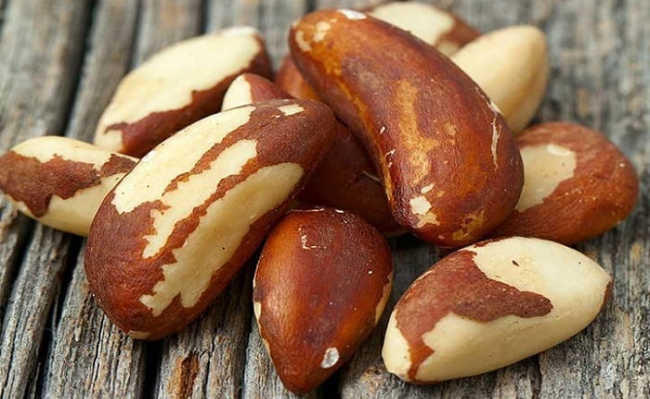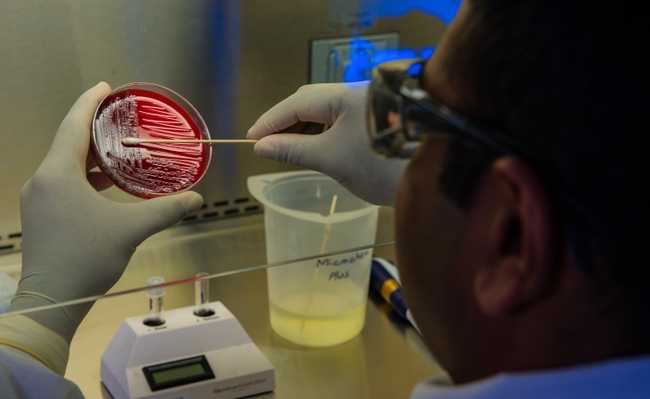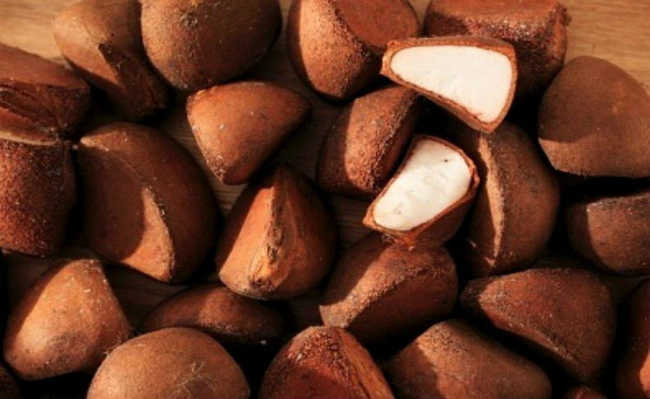Coffee that slims?
Coffee can increase metabolism and help those looking for a slimming alternative

Edited and resized image of Frame Harirak is available on Unsplash
Coffee contains a psychoactive substance called caffeine which, by increasing the body's metabolism, is very present in supplements that help to lose weight. But does coffee really slim down? To better understand this topic, take a look at the following studies:
Coffee contains stimulants
Many substances that are biologically active found in coffee beans remain in the final beverage (coffee). Several of these substances significantly influence metabolism:
- Caffeine: main stimulant of coffee;
- Theobromine: main stimulant in cocoa; also found in smaller amounts in coffee (see study about: 1).
- Theophylline: stimulant substance found in cocoa and coffee; has been used to treat asthma (see study about: 2).
- Chlorogenic Acid: One of the main biologically active compounds in coffee; can help to delay carbohydrate absorption (see study about: 3).
Caffeine, the main stimulant substance in coffee, has been considered a slimming substance.
How Caffeine Works
Caffeine blocks an inhibitory neurotransmitter called adenosine (see related studies: 4, 5) so that there is an increase in the release levels of neurotransmitters such as dopamine and norepinephrine. This process makes the person feel "energized" and more alert.
In this way, drinking coffee helps keep you active when you would otherwise feel tired. Furthermore, coffee is a beverage that actually improves exercise performance by 11–12% on average (see related studies: 6, 7).
Caffeine stimulates the nervous system, which sends signals to fat cells, causing them to break down (see study: 8), which makes coffee a slimming drink.
This effect is obtained by increasing blood levels of the hormone epinephrine (see studies about it here: 9, 10).
Coffee increases the metabolic rate
The rate at which the body burns calories at rest is called the resting metabolic rate (RMR).
The higher the person's RMR, the more easily he loses weight. Studies show that caffeine can increase TMR by 3-11%, with higher doses having a more significant effect (see studies on this: 11, 12).
Interestingly, most of the increase in metabolism is caused by the increase in fat burning (see study on this: 13). But unfortunately this effect is less in obese people.
One study showed that caffeine increased fat burning by up to 29% in thin people, while the increase in obese people was 10%. The effect also seems to decrease with age and is greater in younger individuals (see study about it here: 14).
However, if you are thinking of using coffee to lose weight, you must take into account that its effects tend to decrease with long-term use (see study about it here: 16).
In the short term, caffeine can increase the metabolic rate and increase fat burning, but after a while the body becomes tolerant of the effects.
On the other hand, even if coffee doesn't make you burn more calories in the long run, there's still a possibility that it will decrease your appetite and help you eat less.
In one study, caffeine had an appetite-lowering effect in men but not women, causing them to eat less at one meal after consuming caffeine. However, another study showed no effect for men (see studies here: 16, 17).
Even though caffeine can speed up metabolism in the short term, this effect is diminished in coffee drinkers in the long term due to tolerance.
If you intend on drinking coffee because you think it is a slimming product, it may be better to alternate periods of drinking and abstinence to avoid developing tolerance. In that case, you can alternate cycles of two weeks of drinking and two weeks of abstinence. However, there are many other great reasons to drink coffee, including the fact that it is one of the greatest sources of antioxidants in the Western diet. Check out its benefits in the article: "Eight Incredible Coffee Benefits".
Adapted from Healthline










